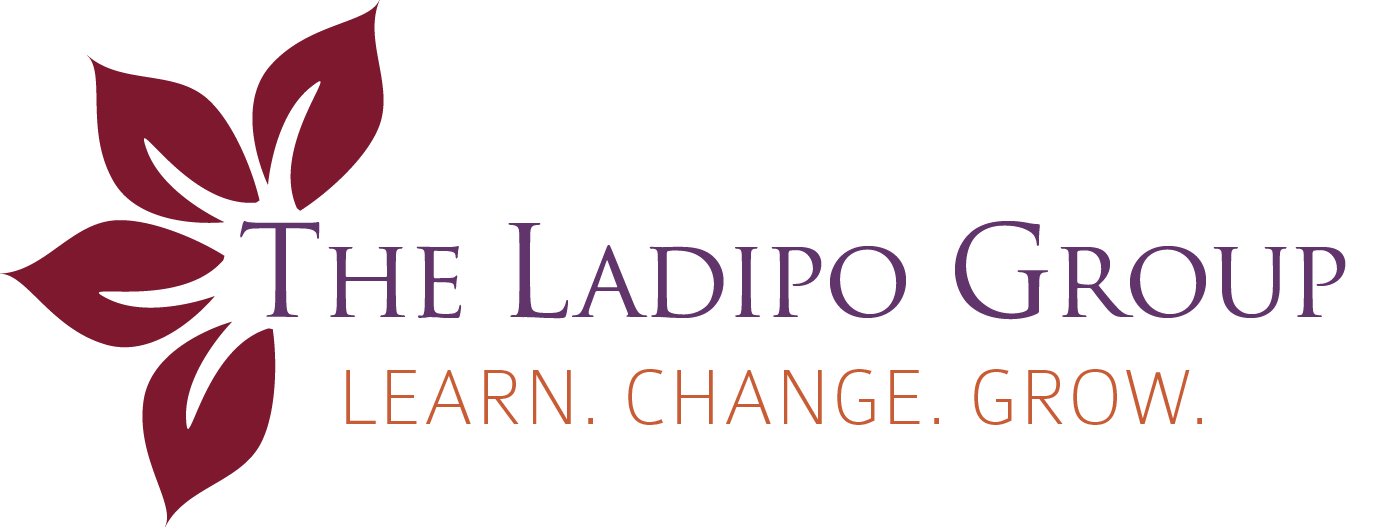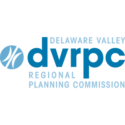Empathy has often been considered a ‘soft skill’. Yet, research shows that leaders with high emotional intelligence and empathy are more successful.
In this episode, we speak with scientist Giovan Lane about the ways pharmaceutical company, GSK, is integrating empathy into the workplace.
Key Takeaways:
- Empathy is a superpower and a muscle that needs to be built consistently over time.
- We shift culture by building trust through empathy. Micro-moments that are done on a daily basis build momentum to have a huge impact on company culture.
- We must focus on empathy because it affects everybody not solely from a DEI perspective. It’s a human interaction skill.
Reflection Questions:
- Empathy is a skill that can be learned and demonstrated. Consider the ways you have been taught to understand another’s perspective. When have those skills been useful to you? Are there times when ‘your way’ of demonstrating empathy has not been well-received? What feedback did you receive? How might you do it differently in the future?
- Think of a time when it was challenging to have empathy. What made it difficult to consider another’s perspective?
- Consider micro-moments of empathy you have witnessed at work. What were those moments? What specifically happened? How did people respond? What was the impact on the team?
Action Items:
- Check in with your team and proactively offer support. People are often overwhelmed and experience stress in their lives even if they don’t verbalize it. Talk to your team to ask if there are areas where they could use additional support. Refer them to appropriate internal resources to address their needs (e.g. mentoring programs, Employee Assistance Programs, etc).
- Humility is a key component of effective leadership. Weekly, spend a minimum of 10 minutes learning about a community, culture, or identity that is unfamiliar to you. Dive deeper into the same community, culture, etc. each week by using an intersectional approach to your learning. For example, to learn more about people with disabilities also consider how experiences vary by race, gender, sexuality, and more.
- Consider using diverse-reverse mentoring to begin developing empathetic and equitable leadership skills. Inquire with your company to join an established diverse-reverse mentoring program. If your company does not have one established, connect with an ERG (Employee Resource Group) to inquire about being paired with a diverse-reverse mentor.
Additional Resources:
- Empathy Is The Most Important Leadership Skill According to Research
- The Importance of Empathy in the Workplace
- Empathy Rules
- Four Ways to Communicate with More Empathy
On the Managing Well podcast, host Tonya Ladipo talks about wellness in the workplace with people leaders, mental health professionals, HR experts, and more. Click the link to subscribe to the podcast and get the latest episodes.











